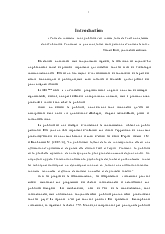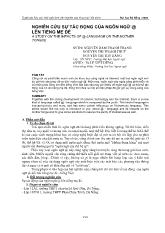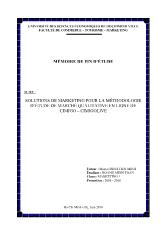A study on teaching oral skills to the first year students at Hanoi University of Industry in the Communicative Approach
- Người chia sẻ :
- Số trang : 44 trang
- Lượt xem : 29
- Lượt tải : 500
Các file đính kèm theo tài liệu này
 3-noi%20dung%20chinh.doc
3-noi%20dung%20chinh.doc 1-trang%20bia.doc
1-trang%20bia.doc 2-phan%20mo%20dau.doc
2-phan%20mo%20dau.doc 4-tai%20lieu%20tham%20khao.doc
4-tai%20lieu%20tham%20khao.doc 5-questionnaires.doc
5-questionnaires.doc
- Tất cả luận văn được sưu tầm từ nhiều nguồn, chúng tôi không chịu trách nhiệm bản quyền nếu bạn sử dụng vào mục đích thương mại
Bạn đang xem trước 20 trang tài liệu A study on teaching oral skills to the first year students at Hanoi University of Industry in the Communicative Approach, để xem tài liệu hoàn chỉnh bạn click vào nút DOWNLOAD LUẬN VĂN ở trên
It is undeniable that English is a means of international communication in the fields of science, technology, culture, education, economy and so on. It is not only the native language of about 300 million of speakers around the world but also the official language in many countries as well as second / foreign language in many nations in the world. In Vietnam, English has taken on a special significance when people are carrying out the modernization and industrialization. The number of people who are learning English in Vietnam also has been increasing quickly. English has even become a compulsory subject in the curriculum of almost all universities in Vietnam. Traditionally, English teaching in HaUI has been dominated by teacher-centered mode. In the classroom, the teacher who is considered as the leading factor puts on a one-man show. He seldom asks his students any questions or makes any communication with them. He tries to seize every minute and as many opportunities as possible to impact the students with knowledge. Therefore, this approach, in a certain degree, is called the cramming of forced feeding method of teaching. The teacher teaches actively while the students listen to him passively. As a result, it brings the students poor abilities and skills of listening and speaking. After studying English for several years, students still remain at a loss when they have to express themselves in English. They may remember a great number of words and structures, but they can not use them appropriately in communication. Moreover, today’s world requires that the goal of teaching oral skills should improve students’ communicative skills because, only in that way, students can express themselves and learn how to follow the social and cultural rules appropriate in each communicative competence.




